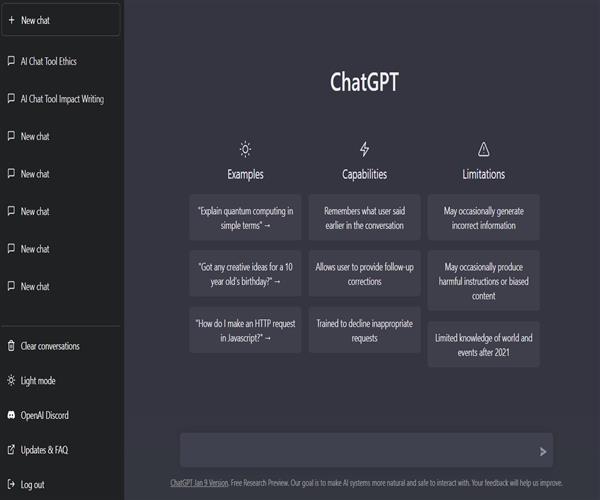The Italian government has recently banned ChatGPT, a powerful artificial intelligence (AI) application that can generate text and audio. This decision has been met with both confusion and disdain by many AI experts, as well as those who had been using the application.

ChatGPT is a deep learning-based AI application developed by OpenAI, a research lab established by technology giant Microsoft. The application has been used by many people to generate text and audio for various purposes, ranging from creative writing to automated customer service conversations.
The Italian government decided to ban ChatGPT due to the potential risks the application poses. The main concern is that the application could be used to generate malicious or deceptive content. For example, it could be used to generate fake news articles or to create automated audio messages that could be used to deceive people.
In addition to the potential for malicious use, the Italian government is also concerned about the potential for the application to manipulate people’s opinions. The automated text and audio generated by ChatGPT could potentially be used to target people with messages designed to influence their beliefs and actions.
Finally, the Italian government is concerned about the potential for the application to be used to violate people’s privacy. ChatGPT has access to large amounts of personal data, which could be used to identify individuals and track their activities.
In light of these concerns, the Italian government has decided to ban the use of ChatGPT to protect its citizens. The government has stated that it will continue to monitor the development of AI applications and will take further action if necessary.
While the Italian government’s decision to ban ChatGPT is understandable, there are also concerns that the decision could hurt the development of AI. By banning the application, the government effectively stifles innovation in the AI field. This could have implications for the development of new and improved AI applications and the potential for AI to be used for good.
Furthermore, the decision to ban ChatGPT could be seen as an attempt to limit freedom of expression. By preventing people from using the application, the government is limiting their ability to express themselves freely and could potentially be seen as a form of censorship.
Overall, the Italian government’s decision to ban ChatGPT is understandable given the potential risks posed by the application. However, there are also concerns that the decision could hurt AI development and potentially be seen as a form of censorship. As such, the Italian government should ensure that any future decisions regarding AI applications are made with due consideration for the technology's potential benefits and risks.